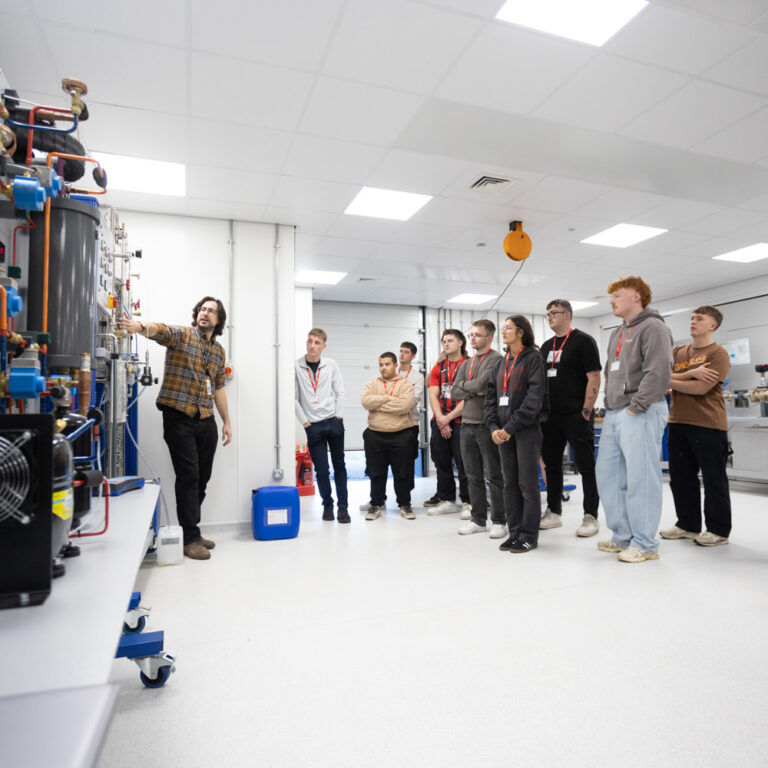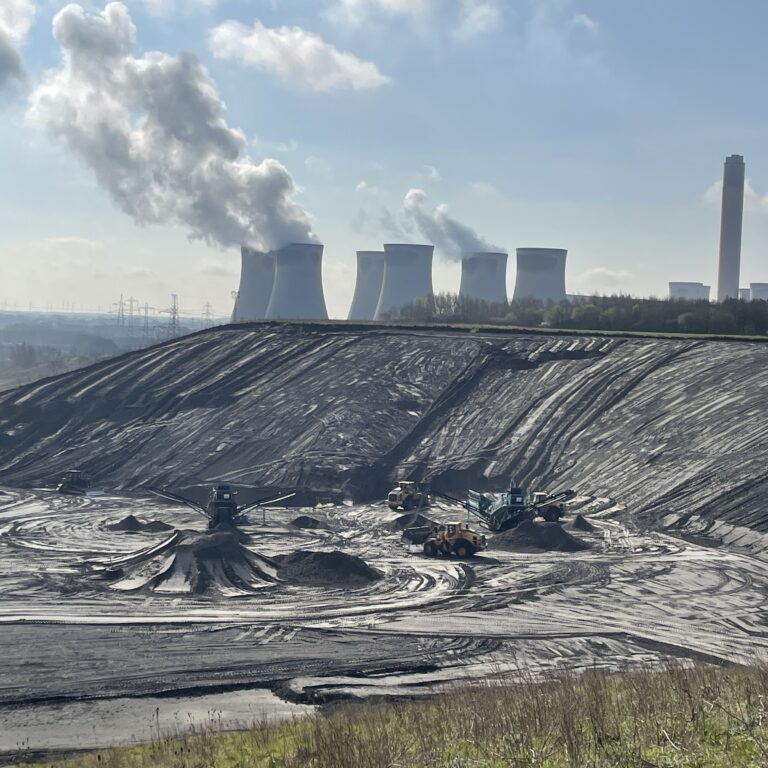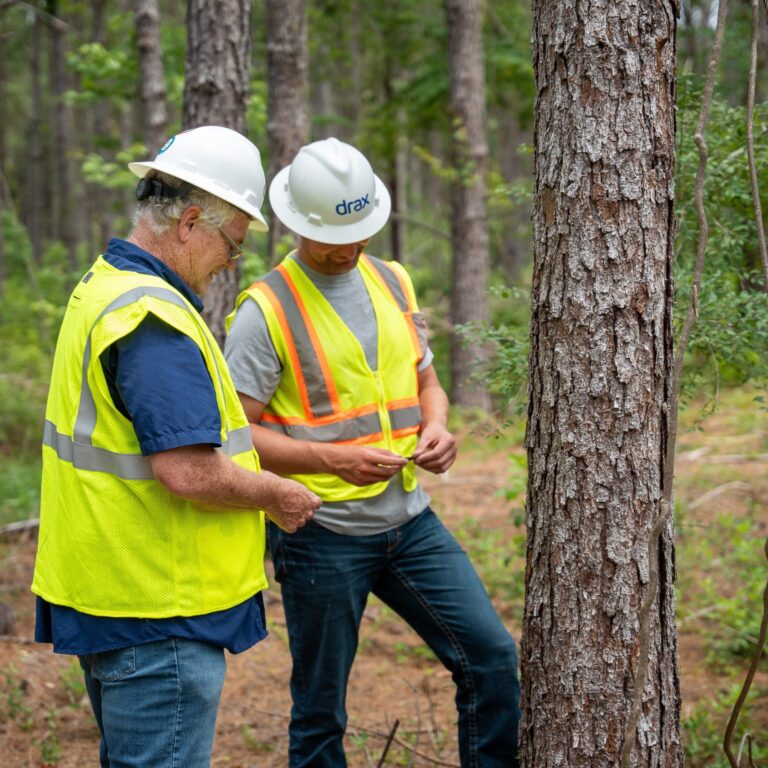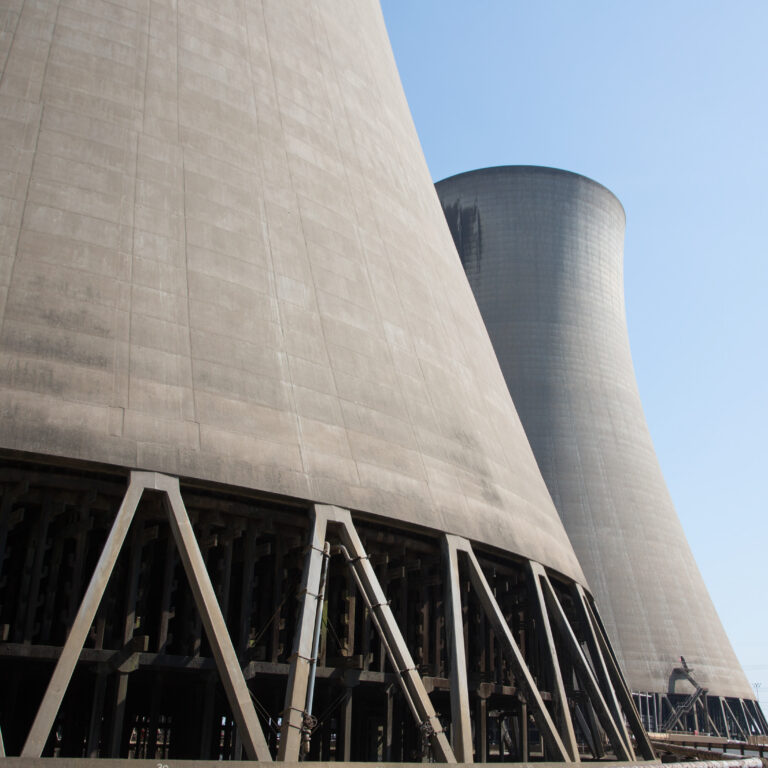Drax is enabling a zero carbon, lower cost energy future
About Drax
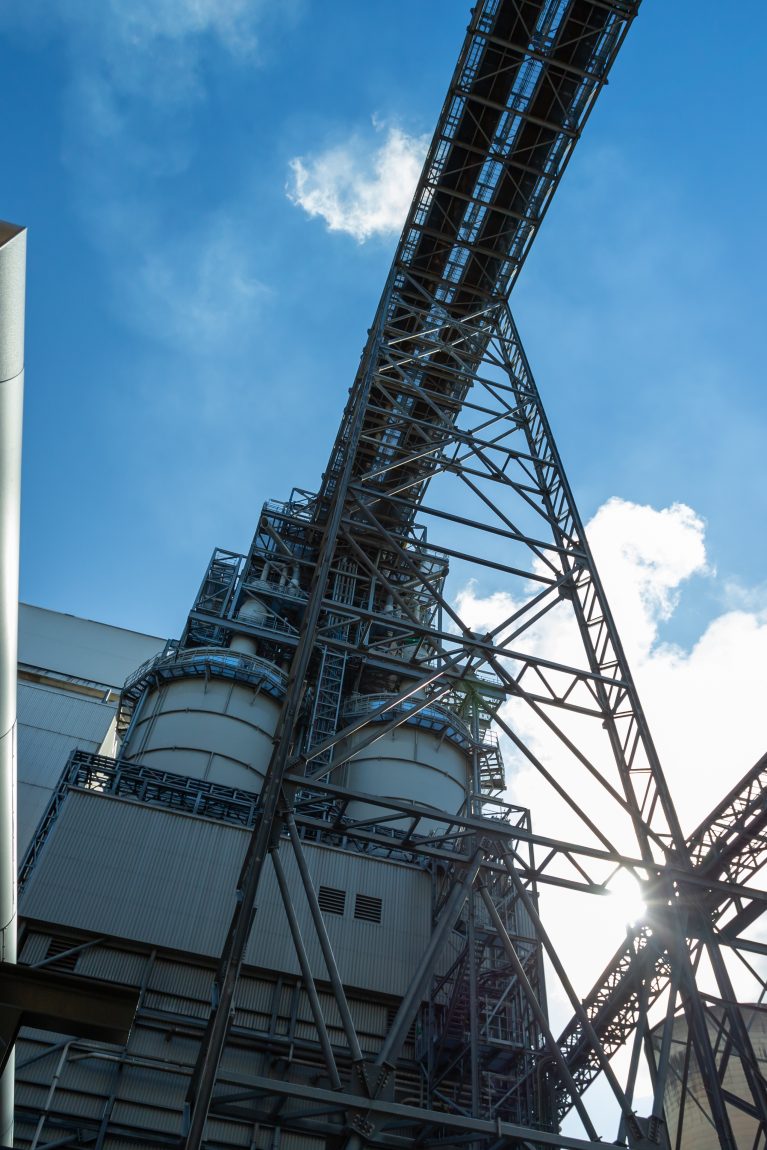 Drax Group is a renewable energy company engaged in renewable power generation, the production of sustainable biomass and the sale of renewable electricity to businesses.
Drax Group is a renewable energy company engaged in renewable power generation, the production of sustainable biomass and the sale of renewable electricity to businesses.
Drax operates a generation portfolio of sustainable biomass, hydro-electric and pumped hydro storage assets across four sites in England and Scotland. It is the UK’s largest source of renewable electricity. The company also operates a global bioenergy supply business with manufacturing facilities at 13 sites in the United States and Canada, producing compressed wood pellets for its own use and for customers in Europe and Asia.
The Group employs over 3,500 people in the UK, US, Canada and Japan.
Our strategic aims
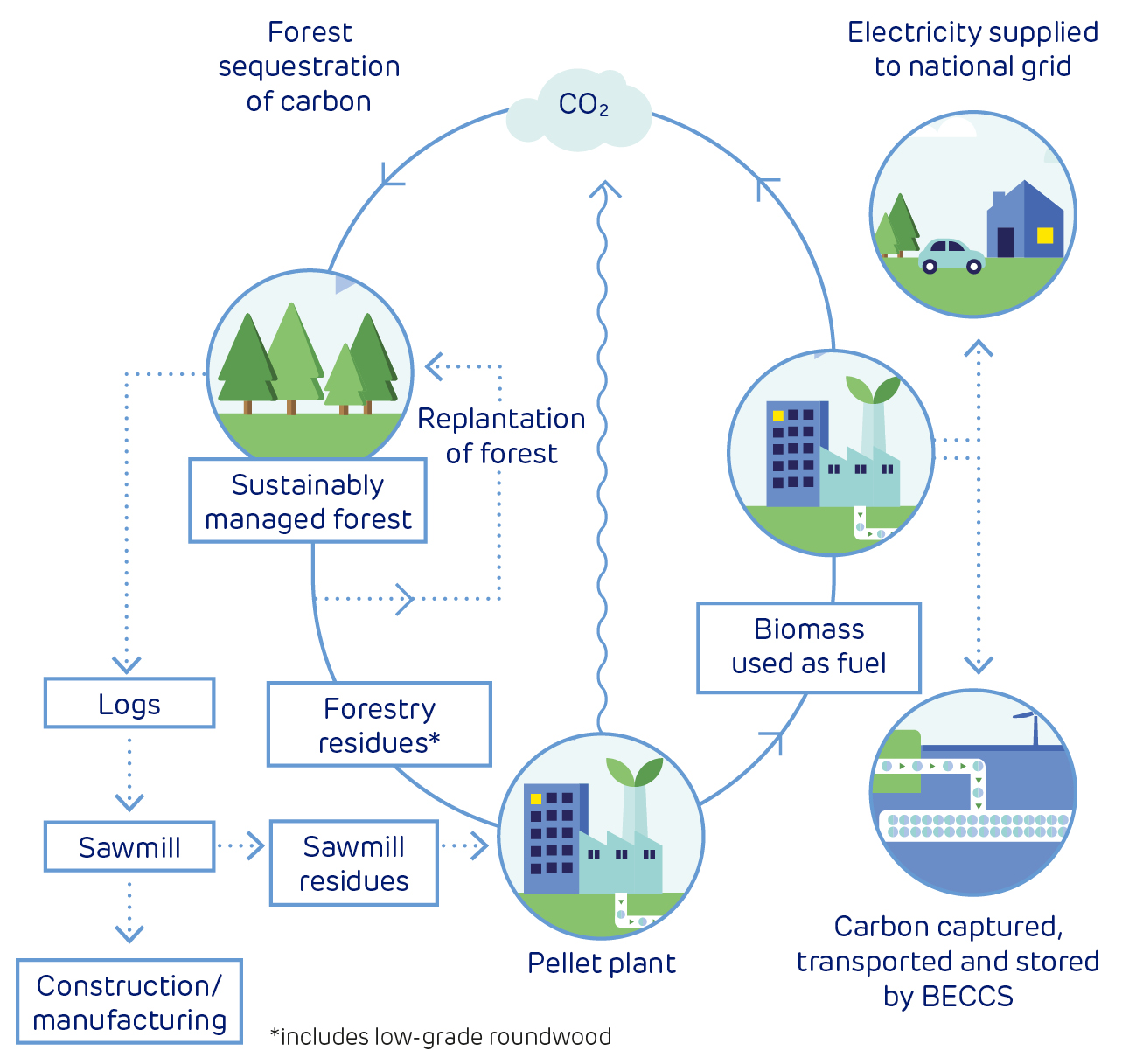
An infographic showing the process of BECCS using sustainably managed forests. Click to view/download
A global leader in carbon removals
Leading scientists agree that reducing emissions alone isn’t enough to achieve global climate goals. Carbon removals will be a critical tool to help combat the climate crisis.
“BECCS done well could deliver high integrity carbon removals, taking large quantities of CO2 from the atmosphere and storing it permanently underground.”
A global leader in sustainable biomass pellets
Biomass, when sustainably sourced, supports well-managed forestry and provides a renewable, low-carbonsource of energy.
Our commitment to sustainability sits at the heart of what we do, and Drax is committed to ensuring the biomass we use deliverspositive outcomes for the climate, nature, and people.
“Sustainably sourced biomass can play an important role in tackling climate change and displacing fossil fuels.”
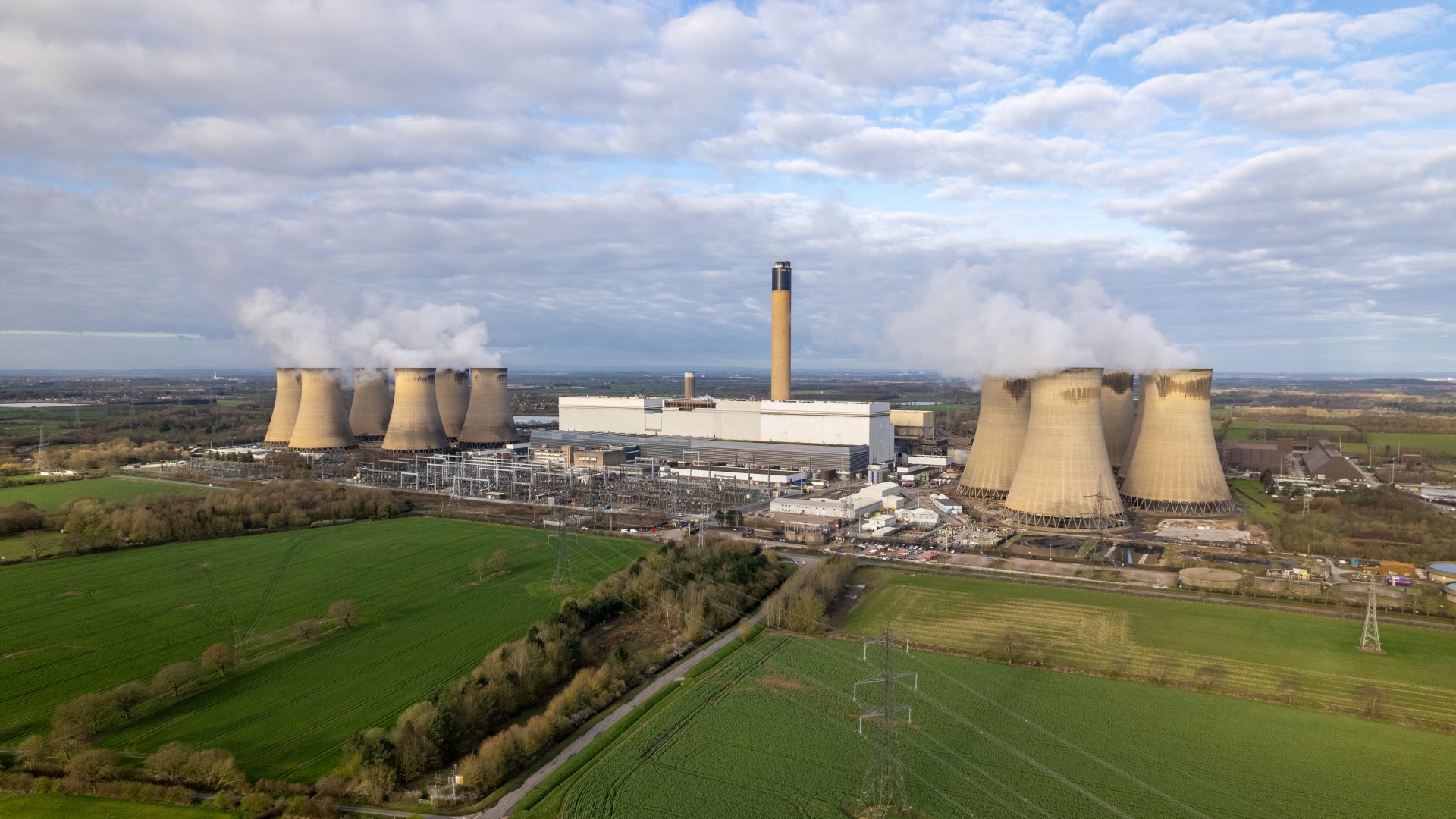
A UK leader in dispatchable, renewable generation
Making sure the UK has a secure and sustainable energy supply.
Moving away from fossil fuels and towards using more renewable energy is critical inhelping the world tackle climate change.
Our dispatchable, renewable power assets have an importantrole to play in enabling this transition to more renewable energy. This is because they allow us to generate renewable electricityat times of low sunlight or low wind levels. Being dispatchable means we can turn them up and down, or on or off, at short notice. In doing so, we provide (or dispatch) a flexible response to changes in electricity demand and fluctuations in wind andsolar energy generation. Our flexible sources of generation helpto reinforce the UK’s renewable energy mix, to support the UK’s energy security, and help to keep the lights on.
“Our dispatchable, renewable power assets have an importantrole to play in enabling the transition to more renewable energy.”









